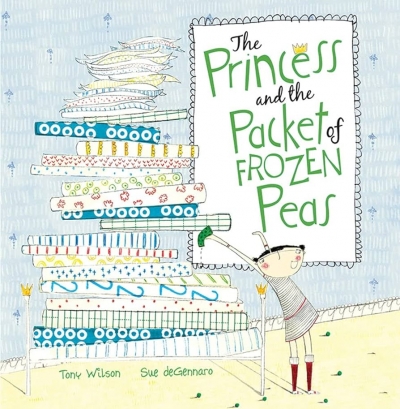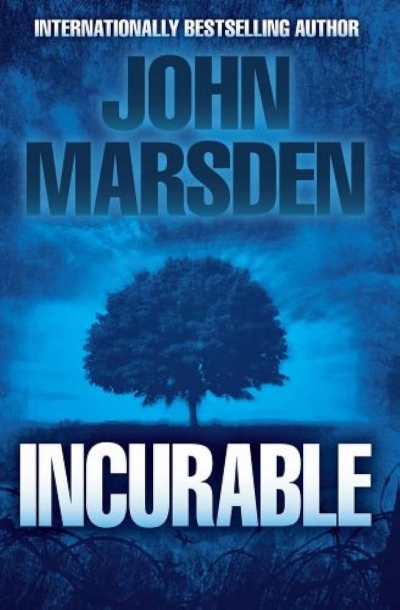CYA Survey
Learning about the world is one of the great fruits of reading. It can be as much fun as solving a puzzle, provided the information is presented to invite questioning and interpretation. These five attractively produced, accessible books are designed to appeal to their intended audiences, but how well do they avoid the over-simplification that is an inherent danger in tailoring ‘facts’ to the needs and interests of inexperienced readers?
... (read more)The Princess and the Packet of Frozen Peas by Tony Wilson and Sue deGennaro
Miss McAllister’s Ghost by Elizabeth Fensham & Take it Easy, Danny Allen by Phil Cummings
This splash of books demonstrates that the vigorous publishing for the young adult market embraces subjects as varied as mental illness, bullying, sleuthing in medieval times, crime in the present, defending an occupied Australia and two dead mothers; and is written across the genres of realism, fantasy and historical fiction. But how much is enticing to the adolescent reader?
... (read more)Life’s not easy when … (fill in the blank according to your main story issue). It is a line that appears frequently on back covers and in press releases for junior fiction. But life is getting a lot easier for parents and teachers of reluctant readers who would far rather race around with a ball than curl up with a book. With the arrival of the sports novel, they can now read about somebody else racing around with a ball – or surfing, swimming, pounding the running track, wrestling, or cycling (the genre covers a wide field). Balls, however, seem to predominate. And problems. Life isn’t easy for publishers without a sports series. Hoping to emulate the success of the ‘Specky Magee’ books written by Felice Arena and Garry Lyon, publishers have been busy throwing authors and sport stars together, one to do the creative business, and the other to add verisimilitude and sporting cred.
... (read more)Here are five reasons why there is a literacy crisis in Australia. It is not about teacher-training; it’s about appallingly conservative publishing choices and the positioning of ‘reading’ as something that needs to be slipped under the radar of children’s attention, rather than celebrating it as one of life’s biggest adventures. What these novels share is a commitment to sport as a structuring narrative principle. Australian Rules, rugby union, netball, athletics, soccer: the sports and titles change, but the overall arc remains the same. In this respect, these books feel market-driven: generic responses to some global marketing division called ‘encouraging reluctant readers’. While this enterprise is not unworthy, the assumption that children who are not reading will be automatically attracted to novels about organised sport seems dubious.
... (read more)



